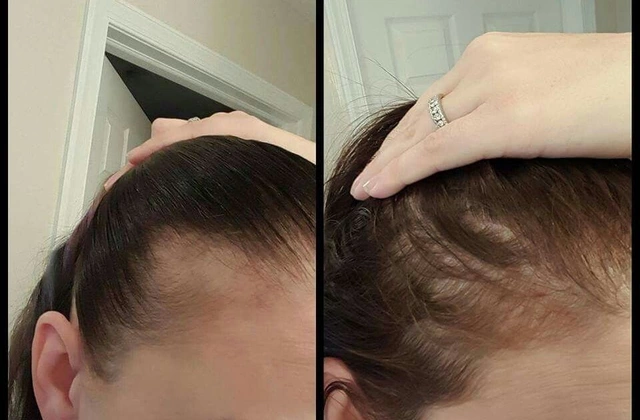Neuropathic pain: causes, treatments and practical tips
Sharp, burning or electric sensations that won’t quit usually come from damaged nerves, not joints or muscles. Neuropathic pain affects about 7–10% of adults and can wreck sleep, work and mood. If your pain feels like constant pins-and-needles, sudden shocks, or unusual sensitivity to light touch, this page gives clear, practical steps you can use today.
Neuropathic pain happens when nerves are injured or misfire. Damage can be in peripheral nerves (as in diabetic neuropathy or post-shingles pain) or in the spinal cord and brain (after spinal injury or stroke). Unlike sore muscles, nerve pain can continue long after the original trigger has gone.
Common causes include long-term high blood sugar, shingles, chemotherapy, surgery that damages nerves, heavy alcohol use, and vitamin B12 deficiency. Some medicines and infections also cause nerve damage. Certain types are distinct: trigeminal neuralgia causes brief, intense facial shocks while postherpetic neuralgia follows a shingles outbreak.
Symptoms to watch for are burning, tingling, numbness, electric shocks, and pain from things that normally don’t hurt (allodynia). Many people report worse pain at night, trouble sleeping, shaky balance from numbness, or reduced strength in the affected area.
Diagnosis starts with a detailed history and exam. Your clinician will ask when the pain started, what makes it better or worse, and any related problems like numbness or weakness. Tests may include bloodwork (glucose, B12, thyroid), nerve conduction studies, or imaging when a structural issue is suspected. A clear cause makes treatment much easier.
Medicines that often help
First-line drugs for nerve pain are gabapentin and pregabalin—these calm overactive nerve signals. Antidepressants such as duloxetine (an SNRI) and tricyclics like amitriptyline also reduce nerve pain for many people. For localized patches of pain, lidocaine patches or capsaicin cream can be useful. Carbamazepine is a go-to for trigeminal neuralgia. Opioids are generally not a long-term solution due to limited benefit and high risk of harm. Most nerve drugs need slow dose increases and several weeks before you notice benefit; side effects like drowsiness or dry mouth are common, so keep in touch with your prescriber.
Practical self-care and when to seek help
Physical therapy, gentle daily exercise, balance work, and stretching help with function and reduce flare-ups. Cognitive behavioral therapy and sleep hygiene reduce pain-related anxiety and improve rest. TENS devices help some people. Control underlying causes: manage blood sugar for diabetes, treat shingles quickly, and correct vitamin deficiencies. Avoid excess alcohol and check footwear regularly if you have foot numbness.
See a doctor right away if you develop increasing weakness, sudden severe pain, new bowel or bladder problems, or an unexplained rapid spread of symptoms. Keep a short diary of pain type, triggers, and what helps—that’s gold for clinicians. With a clear plan most people get meaningful relief and can get back to daily life. If you want more on specific drugs or conditions linked to nerve pain, check our medication guides and condition pages for plain-language details and safety tips.
Explore the top alternatives to Neurontin in 2024, offering options for managing pain and seizures. This article dives into a variety of medications with their pros and cons, helping patients and healthcare providers make informed decisions. Discover the suitability of each alternative for different conditions, along with side effects and their effectiveness. Navigate through numerous choices like Pregabalin, Amitriptyline, and Carbamazepine to find a fitting solution. A summary provides a comparative insight to assist understanding.
View Details

